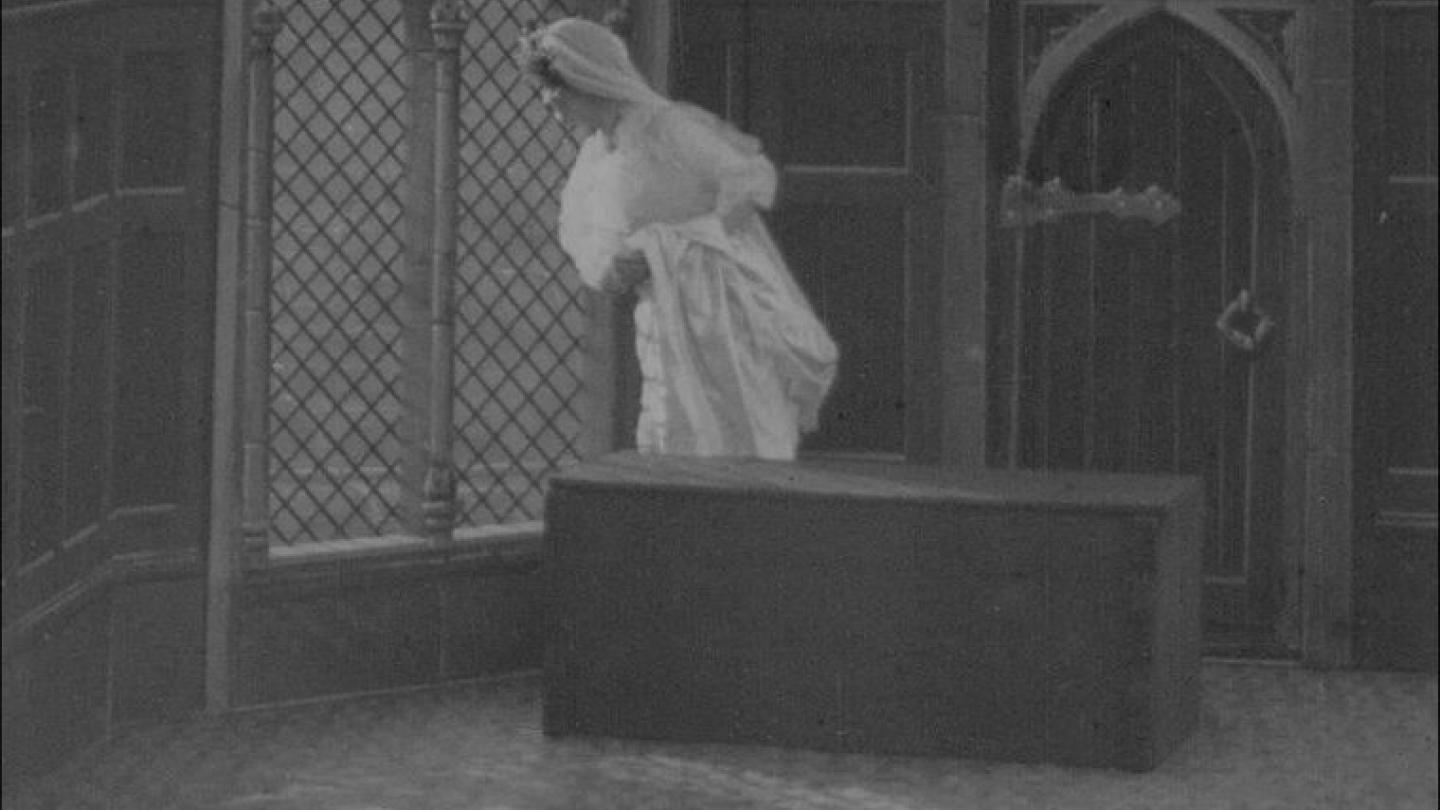A sad story for your Christmas holidays. The words of this song were written in the early 1830s by Nathaniel Thomas Haynes Bayly (1797-1839), who also wrote the words of ‘Home Sweet Home’); the music was written by Sir Henry Bishop.
It seems to have been a very popular and well-known song. I first came across it in Bob Copper’s book Early to Rise, and on his solo LP Sweet Rose in June. I learned Bob’s version, although it was never a song that I sang very often. Then in 1995 I got to sing it on the Mellstock Band CD Songs of Thomas Hardy’s Wessex, the Mellstock Band consisting for that track of Mark Emerson and Kathryn Locke. The Mellstock recording featured, I’m told, on the 15th December edition of Mariella Frostrup’s Open Book programme on Radio 4, in connection with a review of Kate Mosse’s recent collection, The Mistletoe Bride and Other Haunting Tales.
By coincidence, on the very same day as that was broadcast, Linda Sergeant shared with me this 1904 silent film of The Mistletoe Bough story, recently restored by the British Film Institute – thanks Linda.
The Mistletoe Bough

